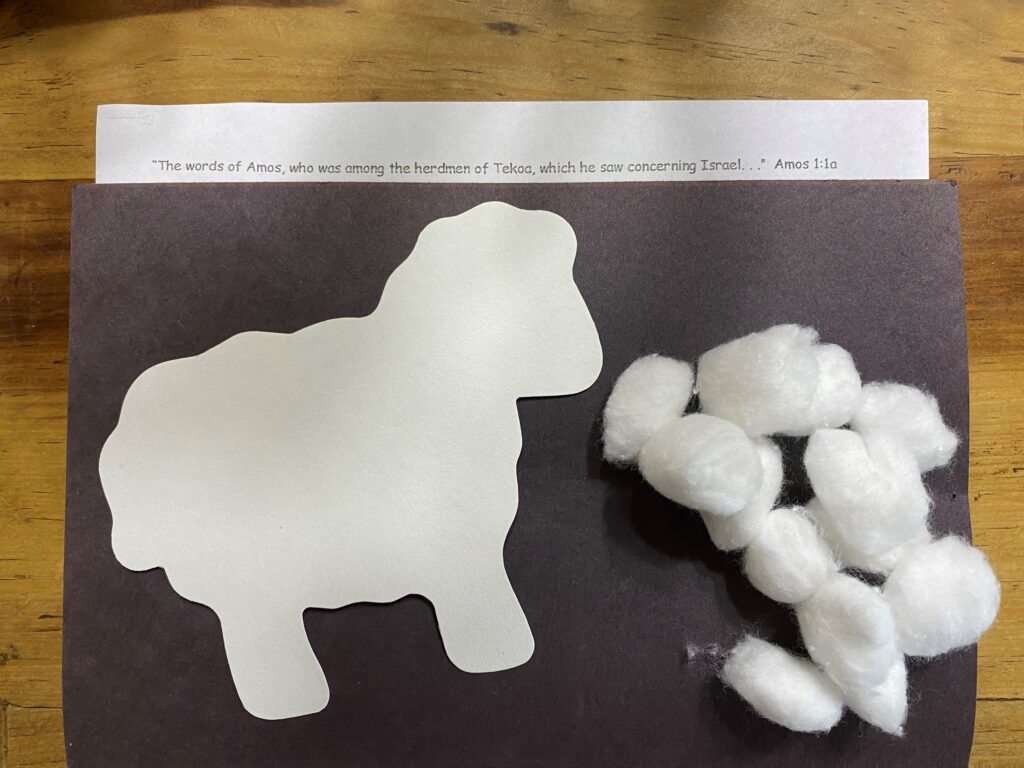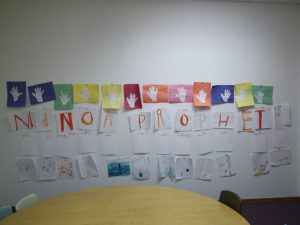Key Verse
And ye shall seek me, and find me, when ye shall search for me with all your heart.
—Jeremiah 29:13
Key Verse Thought: Read today’s key verse. Do you know what it is to seek for God? Use the following definitions to help you understand this verse:
- seek: to search out – specifically in prayer or worship; to enquire, ask, beseech
- search: to follow in pursuit; to search; to worship; make inquisition
- find: to find or acquire; to meet
- heart: the mind; understanding
God promises that if we will actively pursue Him in prayer or worship, we will meet Him. But only if we will follow in pursuit until we find Him with our mind and understanding. It obviously takes work. In this lesson, we will see that the people of Israel did not seek God – even when God told them to seek Him.
Emphasis: We should consider Amos’ question. “Can two walk together, except they be agreed?” (Amos 3:3). We cannot live as the Israelites lived, disregarding God’s commands. We should then heed Amos’s warning to “Seek the LORD, and ye shall live…” (Amos 5:6).
Lesson Summary: Amos was a contemporary of Jonah, whom we studied in our last lesson. Although they spoke around the same time, they spoke God’s Word to different groups of people. If you remember, God sent Jonah to a city, Nineveh, in a Gentile nation, Assyria. Amos was from an area just south of Jerusalem, in Judah. But God sent him to speak – mostly to Israel. He spoke during the reign of King Jeroboam II.
Amos was known as a prophet from the country. He was only a herdsman, yet when God called him, he obeyed God (Amos 7:14–15). Amos told of the impending judgment on the nations around, ending with the judgment that would fall upon Israel for their sin against God. He asked a pertinent question. “Can two walk together, except they be agreed?” (Amos 3:3).
After many warnings to “[s]eek the LORD, and ye shall live …”, Amos warned of the discipline God would allow upon the people of Israel if they refused to turn back to Him. When the people refused to heed correction, God showed Amos several things that revealed the judgment that would come to God’s people. He saw: grasshoppers, a plumb line, a basket of summer fruit, and finally God standing at the altar. Nevertheless, even with the impending doom, God left His people with words of hope and restoration.
Year Two Quarter One – Lesson 7 Questions
Year Two Quarter One – Lesson 7 Children’s Worksheets
If you teach this to children, here is a craft idea:


